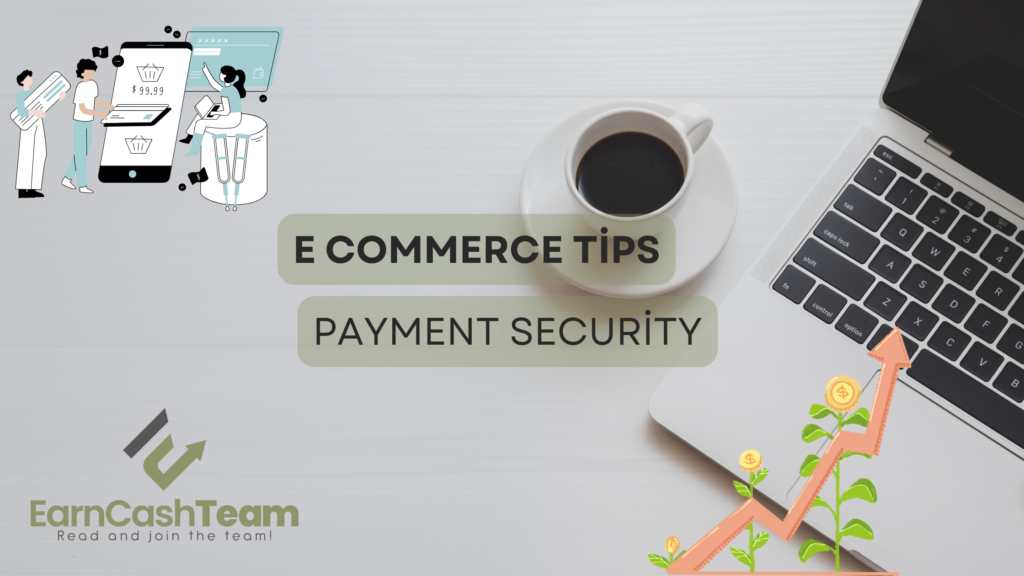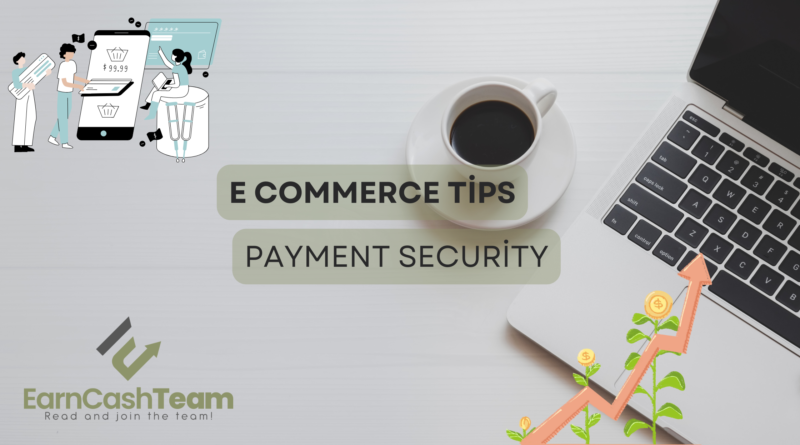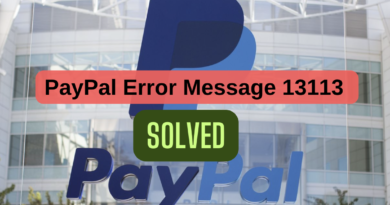Payment Security in E-Commerce
Payment security in e-commerce extends far beyond simply having a secure portal to process payments; it requires putting into effect checks and policies that ensure your business cannot be attacked over the Internet and customers shop with confidence. Without such safeguards in place, your business could risk losing customer trust, being sued for fraud or data theft claims and incurring significant revenue loss and profit losses.
You can check out other tips about e-commerce with us!

First step to ensure payment security: ensure all of your systems comply with PCI compliance, which is set out by card companies to safeguard businesses and consumers alike. PCI regulations include firewalls, password protection, encryption when transmitting customer data, regular anti-virus software updates and vulnerability testing – essential elements to keep in mind when choosing a merchant account provider that guarantees online safety while adhering to PCI standards.
Another way to protect your ecommerce business is to utilize a payment gateway with built-in fraud monitoring. This will allow you to identify potential fraudulent transactions and prevent them from occurring before they do. One such service is MasterPass, which gives customers the reassurance that their purchases are safe.
A good payment gateway should also provide tools that help prevent chargebacks and fraud. Such tools could include two-factor authentication, in which customers provide either two forms of verification such as code or phone verification information sent directly to their phones; or combinations that include something they know (password), have (badge or smartphone), and are (fingerprint or voice recognition).
Ecommerce businesses need a stringent password policy in place. Passwords should include upper and lowercase letters, numbers and special characters that are difficult for hackers to crack; customers should log in using an authentic email or phone number so you can reach them should there be any issues with their order.
Ecommerce businesses should maintain compliance and security audits regularly. An ideal way of doing this is working with a certified payment professional (CPP), who will assist in creating a plan of action for your ecommerce company and ensure its security measures are up to par.
As the internet evolves, so too does cybercrime and theft. By taking these measures to safeguard your business against attacks on the web and provide your customers with a secure shopping experience, you can ensure they remain loyal customers of yours.




